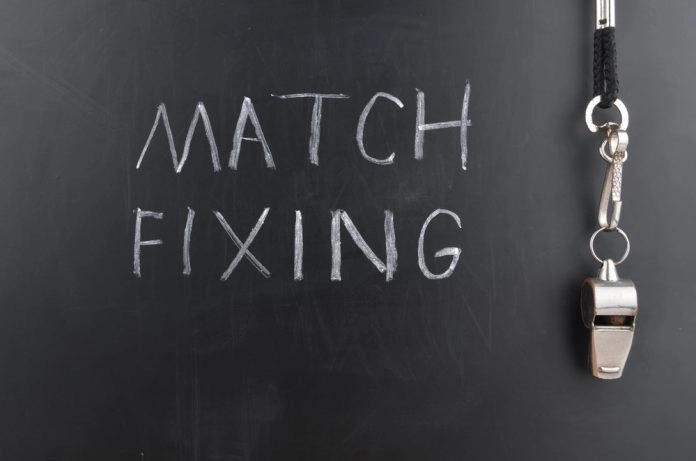The threat posed by match-fixing and manipulation against the integrity of sports is well known, but according to Jake Marsh of Stats Perform, it is much more widespread than many realise.
Speaking on Emily Atack’s Lie Detector podcast, available on Spotify, the sports data and technology company’s Global Head of Integrity discussed the scale of global match fixing, why athletes get involved in illicit activity and the prevalence of ‘ghost games’.
Marsh explained Stats Perform’s methods for detecting illicit betting activity, demonstrating how the company’s integrity analysts will monitor sports betting markets to identify any unusual activity.
“If the score is say 2-0, and the markets are showing a strong expectancy for a third goal in the 90th minute or the 89th minute, n almost nailed on odds on gold – that’s unusual activity in itself,” he explained.
“You then might look at how that gold came about, whether it’s a refereeing decision, a dodgy penalty, a blatant mistake from a player. You get intelligence from betting operators, you know, they might have suspicious account activity, they might identify certain changes in the volumes being bet at a certain time in a match compared with what’s happening on the pitch, and we’ll overlay that with performance analysis.”
The threat of match-fixing is widespread, Marsh continued – a lot more widespread than many people would think, affecting multiple sports across various countries and regions.
“In terms of cheating and corruption, sport has come to realise that is happening across the board”, Marsh commented.
“There are plenty of occasions where things like this are happening that won’t get mentioned in the press, that people say over here or in another country won’t be aware of because it’s happening in another country and it just doesn’t get picked up.
“There have been cases this year where a football team in Latvia was banned from Europe for seven years for match-fixing.”
This is not just limited to football, however, as Marsh detailed how cases of match fixing and general corruption are found in a range of sports, including tennis, badminton, cricket and basketball, noting that ‘there is not really a sport that hasn’t been affected by it’.





